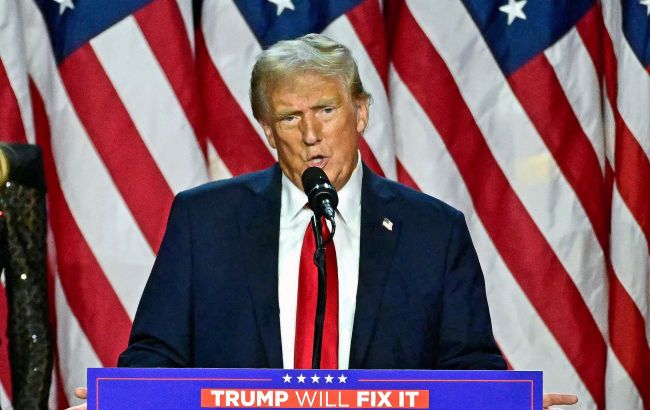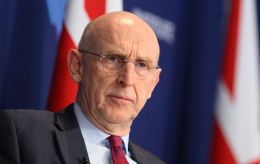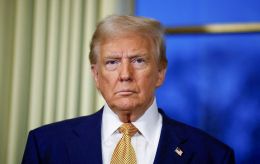US opposes wording 'Russian aggression' in G7 statement
 Photo: US President Donald Trump (Getty Images)
Photo: US President Donald Trump (Getty Images)
The US opposes calling Russia an aggressor in the G7 statement dedicated to the third anniversary of Moscow's full-scale invasion of Ukraine. Moreover, there are threats to disrupt the traditional demonstration of unity, reports the Financial Times.
Five Western officials familiar with the matter told FT that the participation of Ukrainian President Volodymyr Zelenskyy in the G7 virtual summit on Monday has also not yet been agreed upon.
The media notes that disagreements arose after US President Donald Trump accused Ukraine of the war, called Zelenskyy a "dictator without elections," and suggested inviting Russia back to the G7.
According to anonymous Western officials, US envoys opposed the phrase "Russian aggression" and similar descriptions that G7 leaders have used since 2022 to describe the conflict.
Last year's G7 leaders' statement mentioned Russian aggression 5 times.
"We call on Russia to immediately cease its war of aggression and completely and unconditionally withdraw its military forces from the internationally recognized territory of Ukraine," the 2024 statement reads.
Two anonymous sources added that the Trump administration's insistence on softening the wording reflects a broader shift in US policy toward describing the war as a "conflict in Ukraine."
This change marks a departure from the language used by former US President Joe Biden's administration, which frequently used phrases such as "Russian aggression" when referring to the largest land war in Europe since World War II.
Trump's statements and Europe's reaction
The US president supported the Kremlin's version of events in Ukraine after talks in Saudi Arabia. Trump claimed that Zelenskyy's approval rating was allegedly only 4% and expressed dissatisfaction with the fact that elections were not being held in Ukraine during the war. He called Zelenskyy a "dictator without elections."
Trump's comments prompted an immediate and sharp reaction from European leaders.
German Chancellor Olaf Scholz rejected Trump's statements about Zelenskyy, calling them incorrect and dangerous. Norwegian Prime Minister Jonas Gahr Støre also responded to Trump's statement, saying that such claims were deeply unfounded.
Moreover, French President Emmanuel Macron and UK Prime Minister Keir Starmer will travel to Washington next week to discuss Ukraine and defense.

